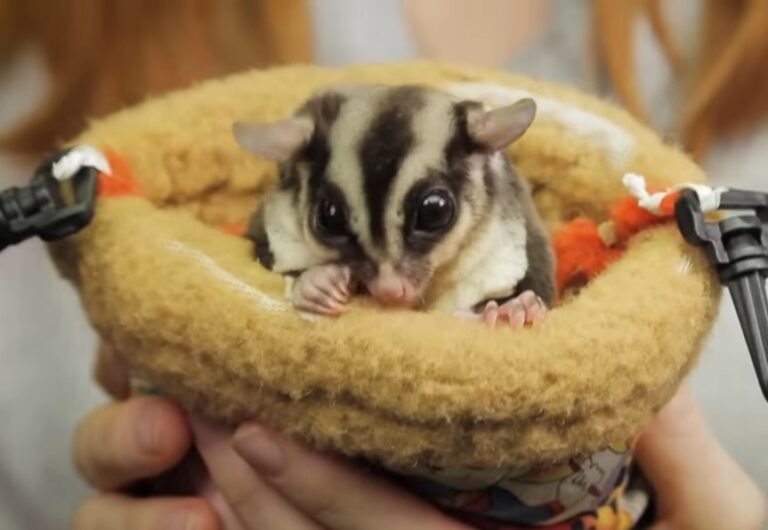How Much Space Do Sugar Gliders Need
Optimizing the Introduction for Google featured snippet results
So, you’ve decided to bring a sugar glider into your life. These cute and adorable little creatures can make excellent pets, but it’s important to provide them with the right environment to thrive. One of the most crucial aspects of caring for a sugar glider is ensuring they have enough space to move around and exercise. But how much space do sugar gliders actually need? In this article, we will dive deep into understanding the ideal living conditions for sugar gliders and provide you with all the information you need to create a happy and healthy home for your furry friend.
The Importance of Space for Sugar Gliders
When it comes to sugar gliders, space is essential for their overall well-being. In the wild, sugar gliders are used to living in large territories, ranging from 2 to 10 hectares. These nocturnal animals are highly active and love to glide, jump, climb, and explore their surroundings. In captivity, it’s crucial to replicate their natural habitat as much as possible to ensure their happiness and longevity.

The Ideal Cage Size
The minimum recommended cage size for a pair of sugar gliders is 24 inches long, 24 inches wide, and 36 inches tall. However, bigger is always better when it comes to providing space for these curious creatures. A good rule of thumb is to go for the largest cage you can afford and accommodate in your home. A cage with dimensions of 36 inches long, 24 inches wide, and 48 inches tall would provide an ideal living space for a pair of sugar gliders.
Keep in mind that sugar gliders are arboreal animals, meaning they spend a significant amount of time in trees. Therefore, vertical space is just as important as horizontal space. Look for cages that offer multiple levels with ramps, branches, and perches to encourage climbing and gliding.
Additional Space Considerations
While a spacious cage is essential, it’s also important to provide your sugar gliders with out-of-cage time for exercise and play. A dedicated glider-proofed room or an enclosed playpen can provide the perfect space for them to stretch their legs and explore. Ensure that the room or playpen is free of any potential hazards such as electrical wires, toxic plants, or small openings where they could escape.
In addition to ample space, sugar gliders also require mental stimulation. Provide plenty of toys, hiding spots, and branches for climbing to keep them entertained and engaged. Rotating their toys and adding new ones regularly can help prevent boredom.
Frequently Asked Questions
1.Can sugar gliders be kept in a small cage?
While it’s possible to keep sugar gliders in a smaller cage, it is not recommended for their overall well-being. Sugar gliders are highly active and need room to move around, climb, and glide. Providing them with a larger cage will ensure they have adequate space to thrive and maintain their natural behaviors.
2.How high should a sugar glider cage be?
As mentioned earlier, sugar gliders are arboreal animals and require vertical space. A cage with a height of at least 36 inches is ideal, but going taller can provide even more opportunities for climbing and gliding. Multiple levels with ramps and perches will allow them to explore their surroundings both horizontally and vertically.
Final Thoughts
When it comes to sugar gliders, space is not something that should be compromised. Providing them with a large and stimulating environment is essential for their physical and mental well-being. Remember to always research and consider the specific needs of your pet, as individual sugar gliders may have different preferences and requirements. By creating a spacious and enriching home for your sugar glider, you are setting the foundation for a happy and healthy life together.







